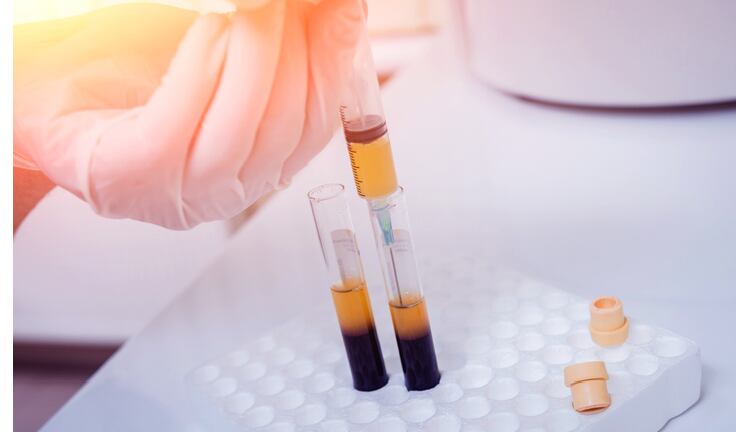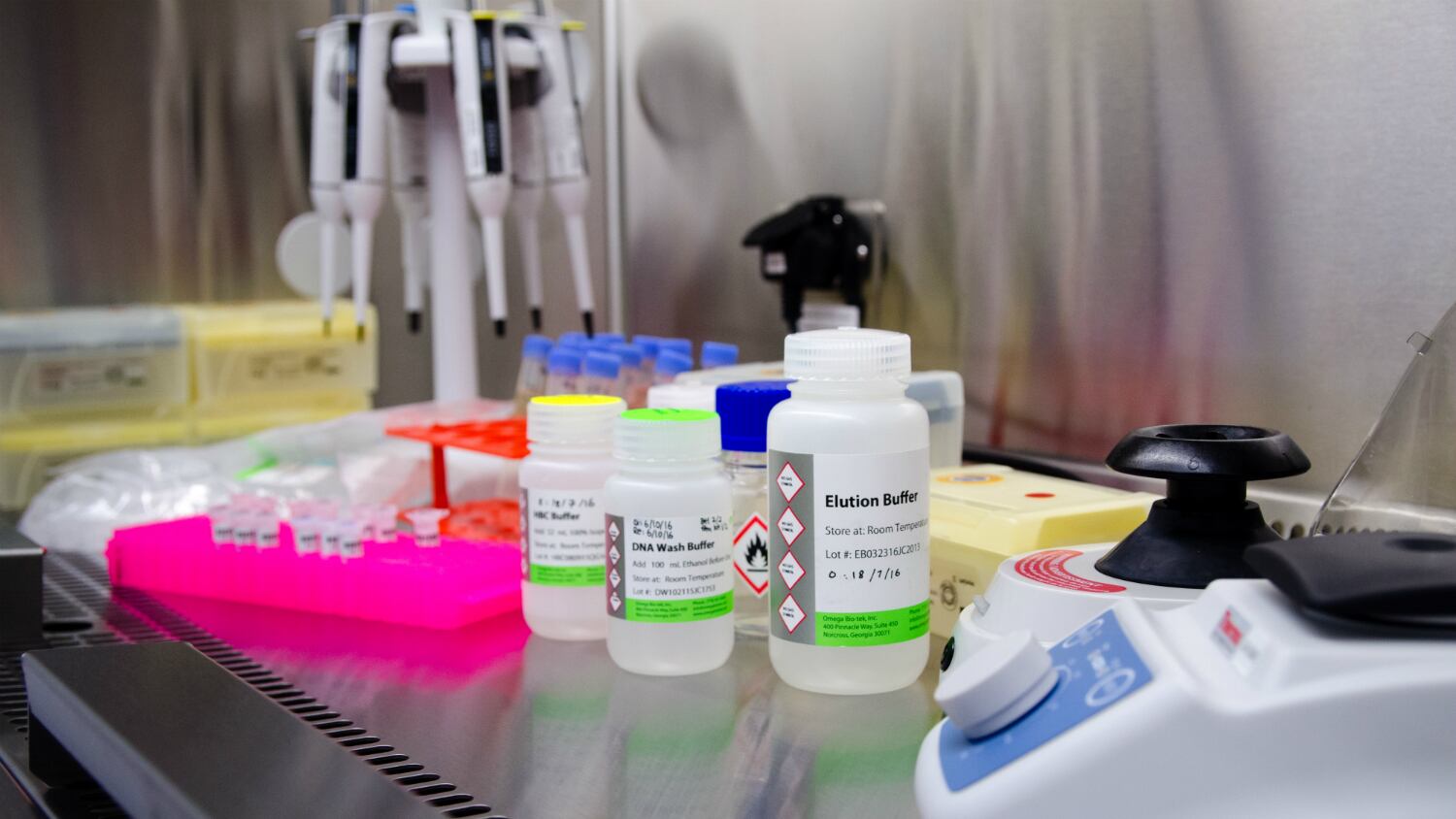The study, published in Endocrine Journal, was conducted by researchers from the Keio University School of Medicine and a number of industry research labs.
NMN is an intermediate compound of nicotinamide adenine dinucleotide (NAD+). Administration of NMN has been shown to mitigate ageing-related dysfunctions.
The researchers believed that this is the first human study to examine the safety of NMN oral administration.
The study involved 10 healthy men between 40 to 60 years old.
They were then separated into three groups, with each group consuming a capsule containing either 100mg, 250mg or 500mg of NMN – provided by Tokyo-based firm Oriental Yeast, which also funded one of the researchers conducting the trial.
Information such as their height, weight, eyesight, heart rate, blood pressure, and blood samples etc were monitored for five hours after consuming NMN. During this period, the subjects fasted and only drank water.
Findings showed that the doses were well-tolerated without causing severe adverse events such as flush and gastrointestinal problems.
In addition, NMN was effectively metabolised by the body as three of its key metabolites: the methyl nicotinamide (MNA), N-methyl-2-pyridone-5-carboxamide (2Py) and N-methyl-4-pyridone-5-carboxamide (4Py) had increased in concentration in the blood serum.
Findings showed that the blood serum concentration of MNA increased moderately, peaking at 253 ± 70 nM, 292 ± 131 nM, and 316 ± 58 nM for the 100 mg, 250 mg, and 500 mg groups, respectively.
On the other hand, the concentration of the other two metabolites peaked at 300 minutes after the NMN administration.
Again, the group which consumed the highest dose (500mg) had the greatest amount of the two metabolites found in their blood serum.
“The finding supports the speculation that the administration of NMN increased tissue NAD+ and plasma metabolites such as MNA, 2Py, and 4Py in this study.
“The single oral administration of NMN did not cause any specific deleterious effects in healthy men...Overall, NMN was well tolerated up to a single dose of 500 mg,” the researchers said.
Other findings
Although the study found an increase in NMN metabolites from a single dose of NMN, however, no physical improvements, such as a better quality of sleep, was seen.
Sleep quality was measured as previous mice studies reported that a NAD+ dependent protein deacetylase (Sirt1) was involved in the homeostatic regulation of sleep in the hypothalamus part of the brain.
On the other hand, ophthalmic examinations, including measurements of visual acuity, functional visual acuity, intraocular pressure measurement, and meniscometry also showed no differences before and after the intervention.
In addition, there was also no significant clinical symptoms or changes in heart rate, blood pressure, oxygen saturation, and body temperature seen.
Limitations
As the study was not placebo-controlled, there are a number of limitations related to the study.
Thus, it was unclear if the changes in the clinical and laboratory data was due to the administration of NMN or due to the five-hour fasting.
The researchers suggested that the long-term administration of NMN should be conducted to further investigate its safety and efficacy.
They also revealed that they have started on its next clinical study, which is to evaluate the levels of tissue NAD+ and plasma NMN levels.
Source: Endocrine Journal
Effect of oral administration of nicotinamide mononucleotide on clinical parameters and nicotinamide metabolite levels in healthy Japanese men
DOI: https://doi.org/10.1507/endocrj.EJ19-0313
Authors: Irie and et al





